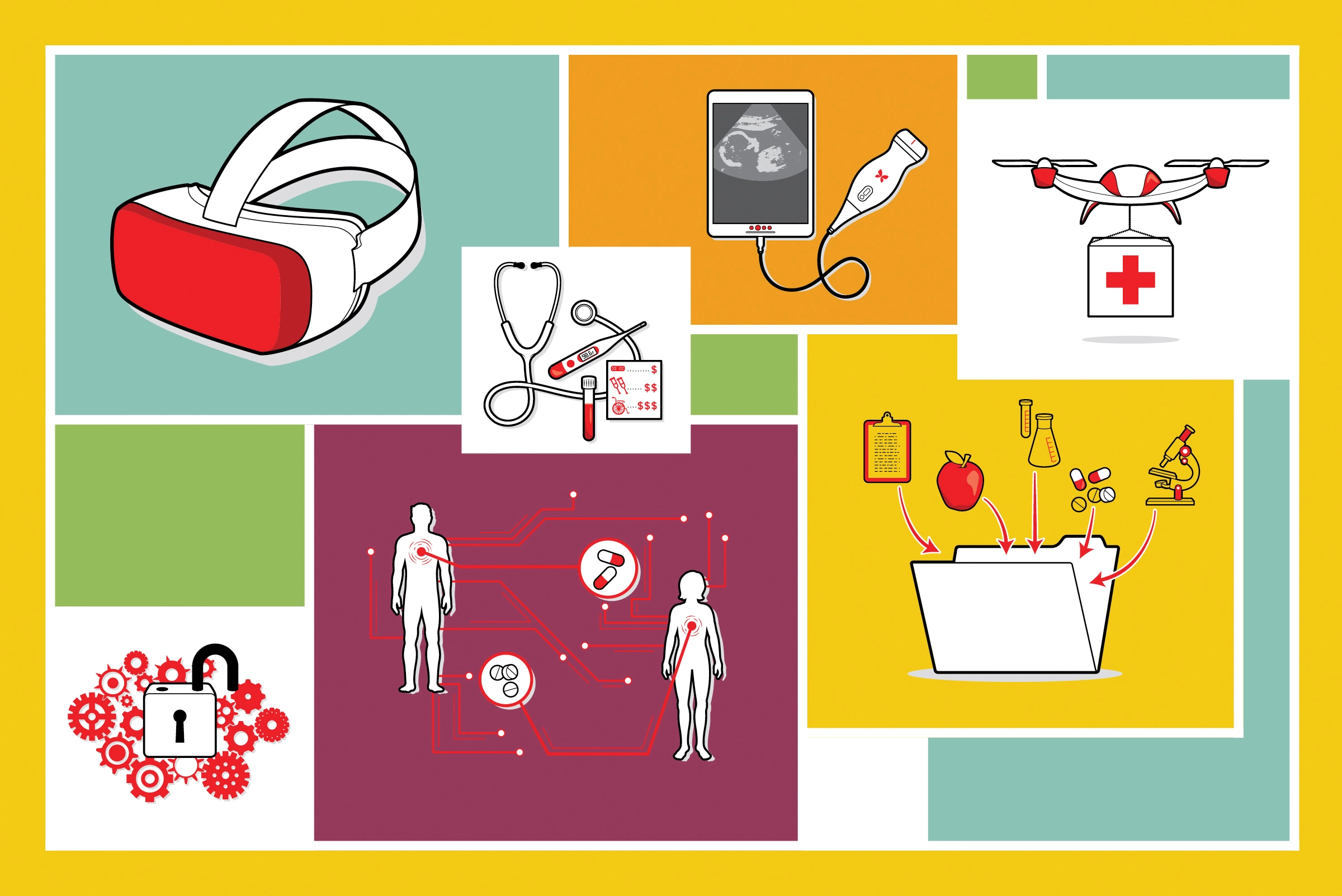
Healthcare is changing at a rapid pace, and most of the changes happening therein can be attributed to technological advancements in the field. As the technologies required for more innovations mature, we can expect to see even more innovations in healthcare. However, there are already interesting innovations that we will look at below.
Stem Cells for Treating Diabetes
Currently, there is no treatment for diabetes and the best thing one can do is manage it. This involves managing insulin injections, careful eating, and multiple glucose tests in a day.
Scientists are looking to change this using stem cells. Scientists are looking to use stem cells to replace beta cells that produce insulin. The stem cells differentiate into these beta cells and produce the insulin themselves.
The research into this is at an advanced stage, with tries already carried out successfully in animals. The innovation includes an implantable device that holds stem cells that are stand-ins for the beta cells. The implanted device ensures glucose can get to the cells and insulin can be let through, but immune cells are kept out as they can attack the stem cells in the device.
Gene Editing
Gene editing, also known as genome engineering or genome editing, is genetic engineering where an organism’s DNA is changed. This can be done by replacing, modifying, deleting, and inserting DNA in the organism’s genome.
Gene editing is a group of technologies, with CRISPR being the most popular of these technologies. CRISPR and other gene editing tools that were developed from it were adapted from a bacteria’s ability to change its genome, which it uses as a defense mechanism.
Humans are using gene editing in many areas, notably to cure diseases and discover new medications. Currently, most research is on understanding diseases inside animal models and cells. There is a lot of debate about whether doing this is ethical and right for humans.
Even with these concerns, gene editing is being used in critical areas such as cell line development. You can find more details about cell line development and the gene editing technologies behind it by clicking the link.
Artificial Intelligence for Cancer Diagnosis
Lung cancer is notoriously difficult to treat, and its symptoms appear very late when things have already become complicated. Early screening can reduce mortality risk, but it also leads to false positives that put patients in danger.
Researchers have developed an AI system that can diagnose lung cancer better than radiologists. The system can more accurately diagnose the disease, detect more cases, and do so while producing fewer false positives.
Although the system is performing this well, researchers say it can do much better and cite this as their motivation to continue their research, development, and improving the system.
Virtual Reality for Future Surgeon Preparation and Training
Virtual reality has come a very long way in recent years. It is so good that it is now being used to prepare and train future surgeons. This technology is also being used at Marshall University Joan C. Edwards School of Medicine, and it is helping expose challenges and gaps in surgeon preparation and training.
Healthcare innovations improve things for not only doctors but for everyone who needs healthcare. While some of these innovations are almost here, they have already shown promising results where they have been used.
Leave a Reply